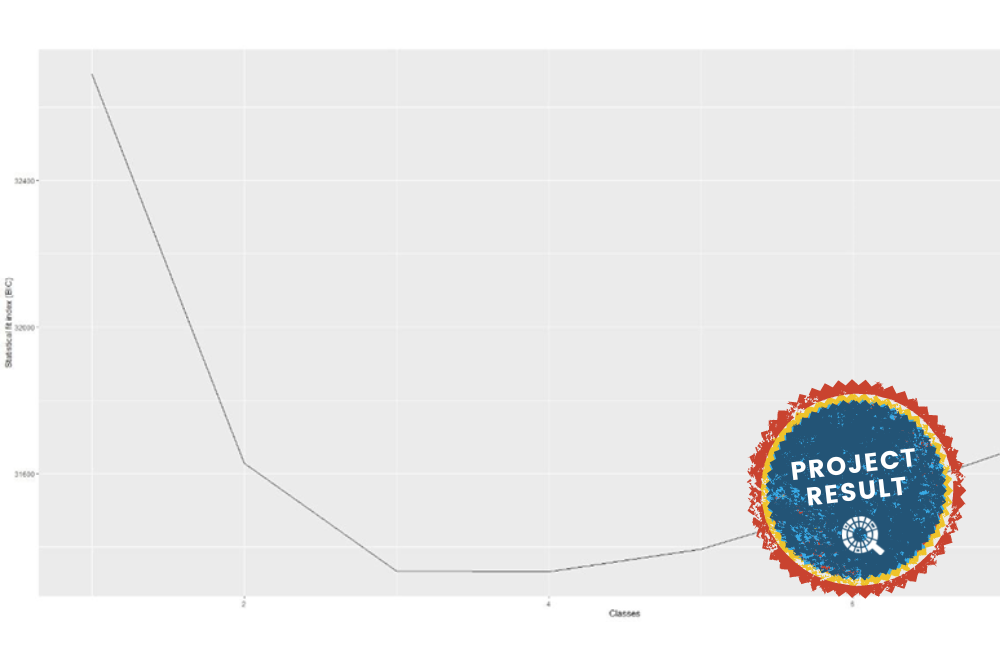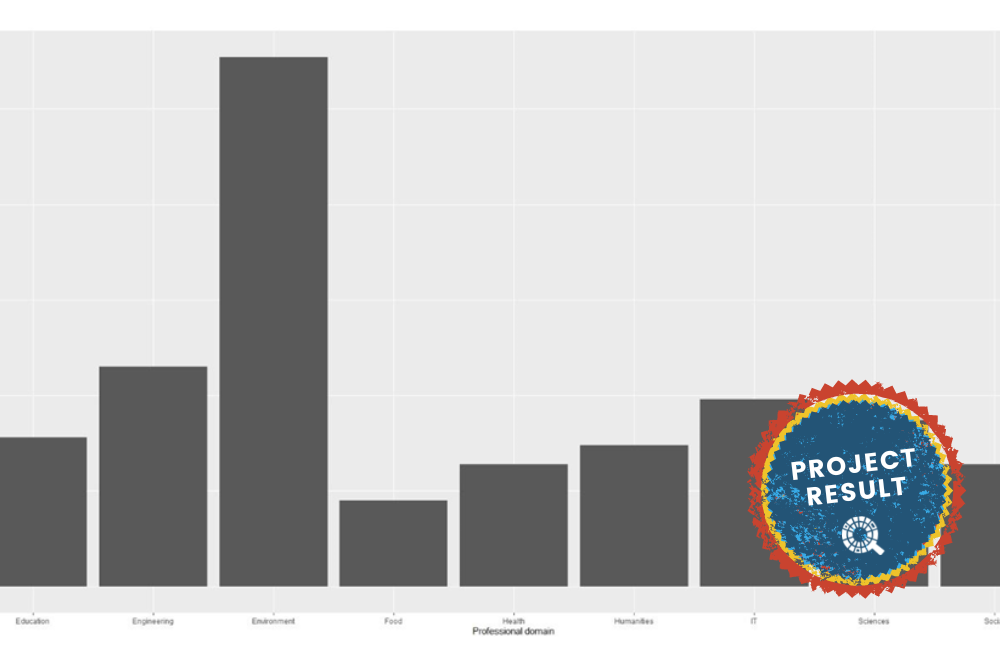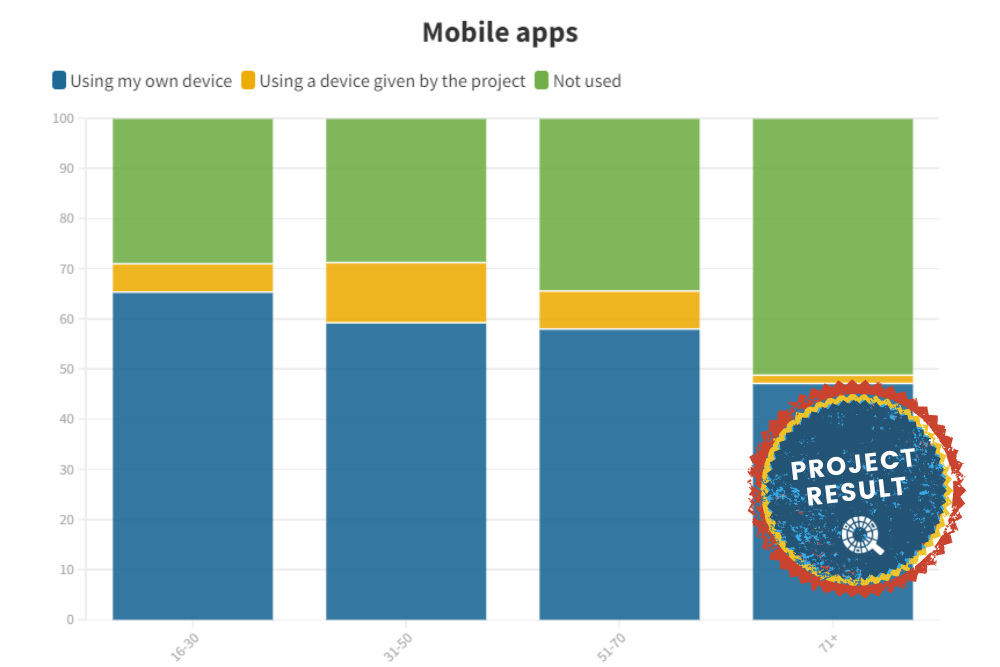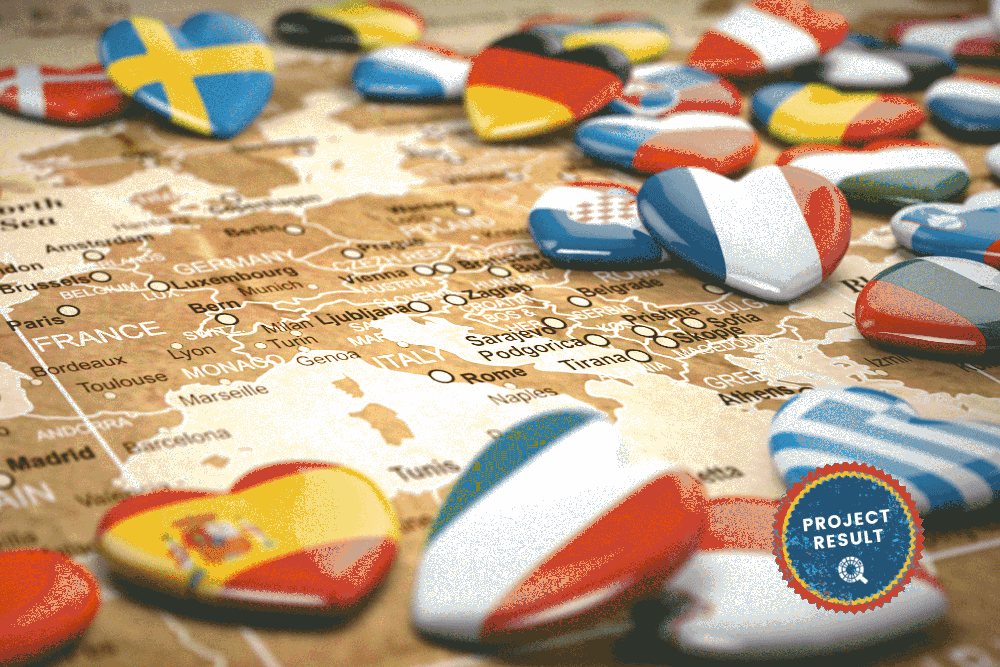Since November 2019 the international research project CS Track has been combining traditional social-science methods with web-based and computational analytics in order to systematically survey the field of Citizen Science. Based on our findings, we have now developed a set of 10 policy recommendations which identify key issues to be addressed if we want to further support and promote participatory research in Europe. The goal of these recommendations is to suggest ways in which CS stakeholders (such as project initiators, platform managers or funding agencies) can help maximise the benefit of Citizen Science activities for individual citizens, the scientific community, and society at large.
The 10 policy recommendations are grouped into 5 categories:
- Theory. The definition of Citizen Science and its position in relation to other forms of knowledge production and education.
- Creation. Scientific and educational outcomes, the role and weight of Citizen Science within the scientific process.
- Operation. Coordination and management of CS activities – training and deliberate design of learning opportunities, internal communication etc.
- Technology. Accessibility of required equipment, data protection and privacy.
- Value. Cost and funding of CS activities, evaluation and impact assessment.
These five themes were investigated on three different levels: micro, meso, and macro.
For the meso level, which refers to the technical and institutional infrastructure that supports and facilitates CS activities (such as citizen science networks and platforms, science centres, online discussion forums, training for participants etc.), the authors have formulated the following eight policies recommendations:
- When describing and explaining CS projects – be it to (prospective) participants, the scientific community, funding agencies, or the media – try to be as clear as possible about the activities that are planned and about what makes these activities ‘Citizen Science’.
- Try to increase the educational impact of Citizen Science by providing training to citizen scientists, developing CS activities that can be incorporated into school curricula or study programmes, and offering some form of accreditation to reflect skills and knowledge gained through participation.
- In order to support learning, knowledge building and co-creation, supply tools and infrastructure that facilitate interaction both among citizen scientists and between citizen scientists and professional researchers. Examples would be online discussion forums, regular meet-ups etc.
- Devote sufficient attention and resources to matters of project coordination – such as outreach and PR, community management, internal communication, training or mentoring of new participants etc. Consider asking experienced volunteers to take over (or help with) some of these tasks.
- Ask participants about their motivations and expectations, invite them to provide feedback at various stages of the project, and acknowledge (and, if possible, implement) their suggestions. Such participatory evaluation can help bring the objectives and priorities of project coordinators and project participants into closer alignment, build trust, and reduce power imbalances.
- Provide opportunities for citizen scientists to enhance not only project-specific content knowledge and practical skills, but also their general scientific literacy and research competencies.
- Remove barriers to participation related to the affordability, availability and accessibility of digital information and communication technologies often used in CS projects (such as smartphones with mobile data plan or computers with internet access).
- Promote best practices with regard to privacy and data protection, for instance by developing guidelines and templates for consent forms, privacy statements etc.
References














